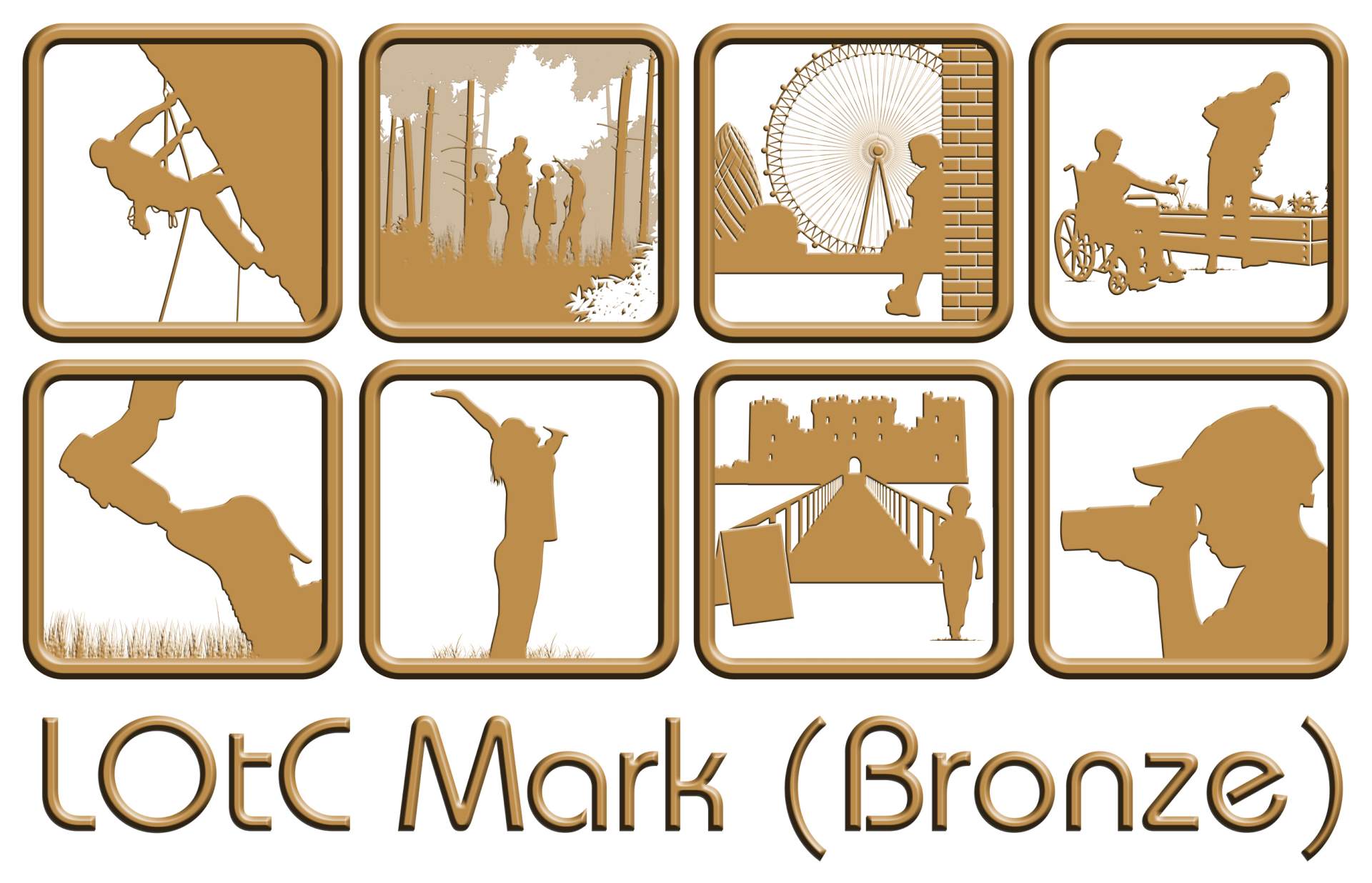The Whistleblowing Procedure
The Whistleblowing Procedure
- HOW TO RAISE A CONCERN
1.1 As a first step, you should normally raise concerns with your immediate manager, Chief Officer or if you wish your Trade Union. This depends, however, on the seriousness and sensitivity of the issues involved and who is suspected of the malpractice.
1.2 If you are unsure whether or how to raise a concern you can contact the independent voluntary organisation Public Concern at Work on 020 7404 6609, for guidance.
1.3 Concerns may be raised orally or in writing on the Whistleblowing Form attached to this Procedure and which you can obtain from the Head of Democratic Services. The Council encourages you to identify yourself when raising your concern, but if you wish you may remain anonymous. You can also telephone the Council’s Whistleblowing Hotline 01603 224433.
1.4 The Head of Democratic Services, as the Officer responsible for this Policy, will be informed of all concerns raised under the Policy (unless, of course, they are against the Head of Democratic Services).
1.5 If you believe that senior management is involved, or if you are not happy with your Chief Officer’s response to your concerns, you should approach the:
- Chief Executive
- Head of Finance
- Head of Democratic Services
- Head of Audit and Scrutiny
- You can also telephone the Council’s Whistleblowing Hotline 01603 224433
1.6 The earlier you express the concern the easier it is to take action.
1.7 Although you are not expected to provide proof for your concern, you will need to demonstrate to the person contacted that there are reasonable grounds for your concern.
1.8 You may wish to consider discussing your concern with a colleague first and you may find it easier to raise the matter if there are two (or more) of you who have had the same experience or concerns.
1.9 You may invite your trade union, professional association representative or a friend to be present during any meetings or interviews in connection with the concerns you have raised. Any meetings that need to be arranged with you can be held off-site if you wish.
1.10 If you are not an employee of the Council we would prefer that you raise your concern in the first instance with the Chief Officer of the Council department you are working for.
- HOW THE COUNCIL WILL RESPOND
2.1 Whoever you raise your concerns with (normally your Chief Officer or the Head of Democratic Services) will appoint a person unassociated with the matter to look into it. You will be informed who this is. Confidentiality will be maintained in accordance with Section 4 of the Whistleblowing Policy.
2.2 In order to protect individuals and those accused of misdeeds or possible malpractice, this person will carry out initial enquiries in order to decide whether an investigation is appropriate and, if so, what form it should take. The overriding principle which the Council have in mind is the public interest. Concerns or allegations which fall within the scope of specific procedures (for example, child protection, harassment or discrimination issues) will normally be referred for consideration under those procedures.
2.3 Following these initial enquiries, the Council will respond to your concerns as appropriate. Your concern may:-
- be investigated by management, internal audit, or through the disciplinary process;
- be referred to the police;
- be referred to an external auditor;
- form the subject of an independent inquiry.
2.4 Some concerns may be resolved by action agreed with you without the need for formal investigation. If urgent action is required this will be taken before any investigation is conducted.
2.5 Within seven working days of a concern being raised, the person appointed to look into it will contact you (in a way which does not arouse suspicions in your workplace):
- acknowledging that the concern has been received;
- indicating how we propose to deal with the matter;
- giving an estimate of how long it will take to provide a final response;
- telling you whether any initial enquiries have been made;
- supplying you with information on staff support mechanisms;
- advising you of your entitlement to seek advice and representation from your trade union representative;
- telling you whether further investigations will take place and if not, why not, and
- to agree with you how to proceed if you have chosen to remain anonymous.
2.6 The Council will do what it can to minimise any difficulties which you may experience as a result of raising a concern. For instance, if you are required to give evidence in criminal or disciplinary proceedings the Council will arrange for you to receive advice about the procedure and other appropriate support.
2.7 The Council accepts that you need to be assured that the matter has been properly addressed. Subject to legal constraints and any confidentiality or other issues, we will inform you of the outcome of any investigation.
- HOW YOUR CONCERNS CAN BE TAKEN FURTHER
3.1 This Procedure is intended to provide you with an avenue within the Council to raise concerns. If you are unsure whether or how to raise a concern you can contact the independent voluntary organisation Public Concern at Work on
020 7404 6609, for guidance. The Procedure has the full support of the Joint Consultative and Negotiating Committee and Unison. Any changes, other than statutory, will be referred to the Joint Consultative and Negotiating Committee for consultation.
3.2 The Council hopes you will be satisfied with any action taken as a result of raising a concern. If you are not, and if you feel it is right to take the matter outside the Council, the following are possible contact points:
- the external auditor (Send your letter to: District Auditor, The Audit Commission, Regus House, 1010 Cambourne Business Park, Cambourne, Cambridge, CB23 6DP Telephone 0844 798 4200)
- your trade union;
- your local Citizens Advice Bureau;
- relevant professional bodies or regulatory organisations;
- the police.
3.3 If you do take the matter outside the Council, you should be careful not to disclose confidential information, and ensure that you comply with the requirements of the Public Interest Disclosure Act 1998 so that you do not lose the protection of the Act against dismissal or other detriment. Seek advice from the contact point about this.
updated 28/11/08













